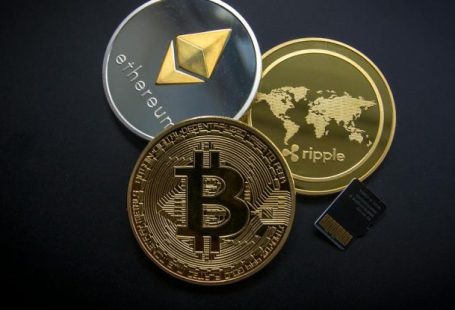Inflation is an economic term that refers to the rate at which the general level of prices for goods and services rises, leading to a decrease in purchasing power. This phenomenon has a profound impact on the economy, affecting consumers, businesses, and policymakers alike. Understanding how inflation influences various aspects of the economy is crucial for making informed financial decisions and implementing effective monetary policies.
The Impact on Consumers
One of the most immediate effects of inflation is its impact on consumers’ purchasing power. As prices rise, each unit of currency buys fewer goods and services, reducing the real value of money. This means that consumers may need to spend more money to maintain their standard of living, leading to a decrease in overall purchasing power. Inflation erodes the value of savings, as the money saved today will buy less in the future. Additionally, inflation can also lead to wage inflation, where workers demand higher wages to keep up with the rising cost of living.
The Impact on Businesses
Inflation can have a significant impact on businesses as well. Rising prices can lead to higher production costs, cutting into profit margins. Businesses may be forced to raise prices to maintain profitability, which can reduce consumer demand for their products or services. Inflation also affects investment decisions, as businesses may be less willing to invest in long-term projects if they are uncertain about future costs and revenues. Moreover, inflation can distort price signals in the economy, making it difficult for businesses to make informed decisions about production and investment.
The Impact on Borrowers and Lenders
Inflation also affects borrowers and lenders differently. For borrowers, inflation can be beneficial as it erodes the real value of debt over time. This means that borrowers effectively pay back less in real terms than they initially borrowed. On the other hand, lenders lose out in inflationary environments, as the purchasing power of the money they receive in repayment decreases. Lenders may therefore demand higher interest rates to compensate for the erosion of the value of money lent out.
The Impact on Savings and Investments
Inflation has a significant impact on savings and investments. Inflation erodes the real value of savings held in cash or low-interest-bearing accounts, as the purchasing power of those savings decreases over time. To combat the effects of inflation, individuals may choose to invest their money in assets that have the potential to outpace inflation, such as stocks, real estate, or commodities. However, investing in these assets carries its own risks, and individuals must carefully consider their risk tolerance and investment goals.
Policy Responses to Inflation
Central banks and policymakers have tools at their disposal to manage inflation and stabilize the economy. One common tool used to combat inflation is monetary policy, which involves adjusting interest rates to influence the level of borrowing and spending in the economy. By raising interest rates, central banks can reduce the money supply and curb inflationary pressures. On the other hand, lowering interest rates can stimulate borrowing and spending, boosting economic activity but potentially fueling inflation.
Managing inflation is a delicate balancing act for policymakers, as they must consider the trade-offs between controlling inflation and supporting economic growth. Inflation targeting, where central banks aim to keep inflation within a target range, has become a common practice among many central banks around the world.
In Conclusion…
Inflation is a complex economic phenomenon that has far-reaching implications for consumers, businesses, and policymakers. Understanding how inflation impacts the economy is essential for making informed financial decisions and implementing effective monetary policies. By recognizing the effects of inflation on various aspects of the economy, individuals can better navigate the challenges posed by rising prices and changing economic conditions.





